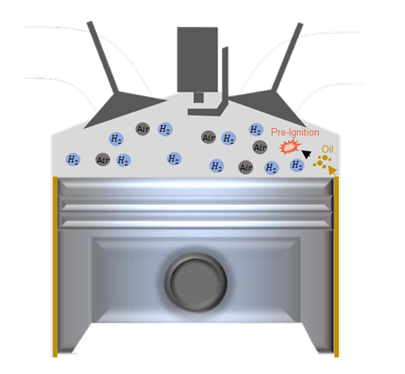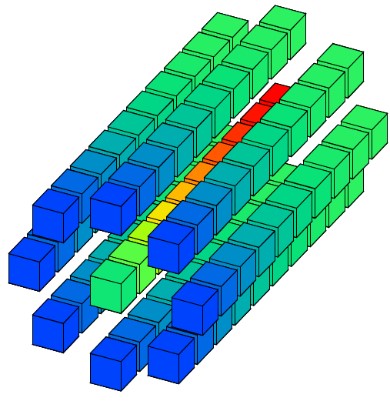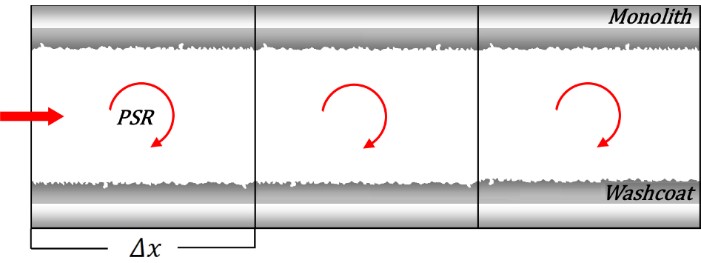Internal
PhD Candidate: Adina Werner
Goal:
The use of complex reaction kinetics is important for accurate prediction of pollutants in simulations, but is associated with high computational costs in 3D CFD simulations. One possible way out of this dilemma is to use tabulated chemistry. The approach developed in this work combines tabulated chemistry lookup tables and combustion progress calculation based on chemical enthalpy. This work involves the comparison between the combustion progress variable (CPV) model and an online chemistry solver using a reduced reaction mechanism for reactive sprays.

PhD Candidate: Hayat El Harrab
Goal:
This research addresses the use of hydrogen as an environmentally friendly fuel for internal combustion engines. A significant challenge in hydrogen combustion is pre-ignition, which can lead to engine damage and reduced efficiency. Lubricants play an important role in engine performance, but their effects on pre-ignition in hydrogen-fueled engines have not been adequately studied. Therefore, this research aims to evaluate the influence of lubricants on hydrogen pre-ignition under engine conditions.
To achieve this goal, experimental studies will be conducted to determine the effects of different lubricant types and amounts on the auto-ignition temperature of hydrogen at various pressures and hydrogen/air ratios. A detailed chemical model will be developed to predict the ignition delay time of hydrogen-oil-air mixtures under engine conditions. It is expected that this model will provide insight into the influence of lubricants on pre-ignition during hydrogen combustion. In addition, multidimensional models for the ignition vessel will be developed to investigate the influence of other parameters, such as lubricant volume and the type of oil inlet to the combustion chamber, on the preignition limits in hydrogen/air atmospheres.
PhD Candidate: Jana Richter


Goal:
Catalysts have become very important in the chemical industry and are used in various fields. For the aftertreatment of automotive exhaust gases, catalysis is a popular method for reducing emissions. Depending on the engine fuel, different types of catalysts are used in technology.
Catalytic processes are described for research purposes using computer-based models. 1D simulations offer a fast and meaningful tool and are used in combination with detailed kinetic reaction mechanisms. The optimization of these models and mechanisms is the goal of this research work.
PhD Candidate: Juan Jose Henriquez Rodriguez
